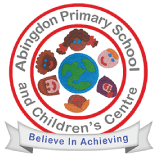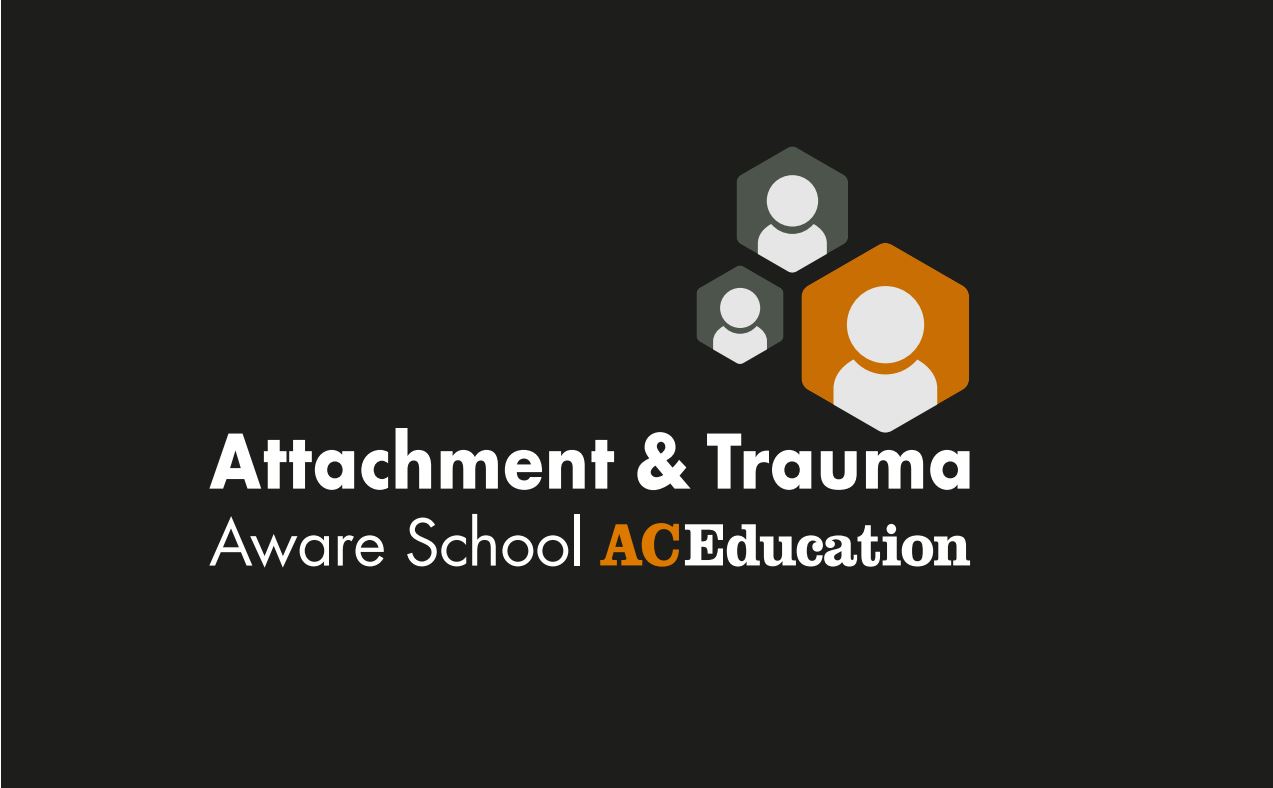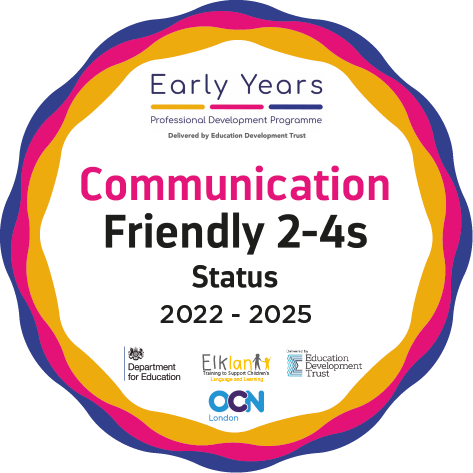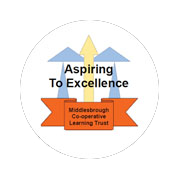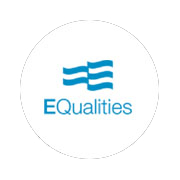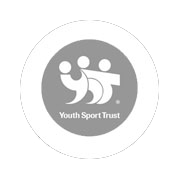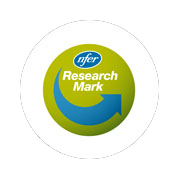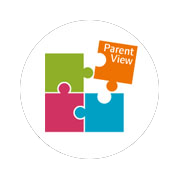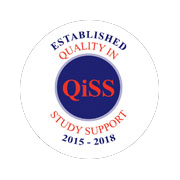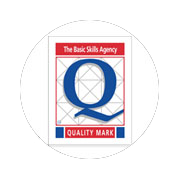ABINGDON PRIMARY SCHOOL
LOCAL OFFER
Abingdon Primary School Local Offer
Identification of need
Abingdon Primary is a Co-operative Trust school for primary aged pupils. Some of the children have SEND such as; moderate (MLD) or severe (SLD) learning difficulties, physical disabilities, sensory loss, ADHD (Attention Deficit Disorder), ASD (Autistic Spectrum Disorder) and emotional or behavioural difficulties.
Pupils attend Abingdon Primary School from the age of 3 years and leave aged 11 years.
Some children who attend the school have a Statement of Special Educational Need or, from September 2014, an Educational, Health and Social Care Plan (EHSC).
Statements and EHSC plans are written in close consultation with parents. A range of professionals involved with the child contribute to the process. The EHSC plan helps to determine what level of educational, social and health support your child needs.
Formal and observational assessments are carried out at regular intervals so we can track your child’s progress over time. Annual reviews of EHSC plans will also be carried out.
How do we identify children with SEND?
Data is used to identify SEND or to inform provision already in place.
Data analysis at strategic points through the year are looked at by senior staff including the Inclusion leader to identify if there are any concerns from the data that need further investigation.
Teachers will inform the Inclusion leader of any concerns they may have.
The Inclusion leader then investigates further and may carry out more in-depth assessments of needs either in response to data or staff concerns.
If required the school will bring in external professionals to further assess and give recommendations for appropriate provision.
Transfer of data from a previous primary school as a pupil joins us is analysed and those pupils are tracked by the inclusion leader.
Support
The first point of contact is the class teacher. Teachers have overall responsibility for the welfare of the children in their class. They are supported in this role by the senior leadership team and health and social care professionals. All teachers at Abingdon Primary School have a responsibility for the teaching, monitoring and evaluating of students with SEND. This is the first principle of the New Code of Practice.
Class teachers are supported in the classroom by teaching assistants. Many of whom are bilingual.
We have specialist teaching assistants who provide additional intervention support for some children in maths and English.
The Inclusion leader will have overall charge of all pupils on the SEND register and will oversee the monitoring and evaluation of progress and provision.
Pupils who are registered as SEN support, in line with the SEN code of practice 2014, will have termly planning and evaluation meetings with yourselves and your child to oversee the plan, monitor progress and evaluate any interventions. The Inclusion leader will oversee this.
Pupils with an EHSC plan (statement) will have their progress reviewed annually with the Inclusion Leader and the LA SEN officer.
Quality first teaching is supported by a team of SEND support staff who have differing roles. However, always central to this is breaking down barriers to learning and helping SEN pupils to move forward with their learning and progress.
Curriculum
Abingdon Primary school is committed to inclusion and our policy is to provide all children with a happy and secure environment in which they can reach their potential. We provide a broad and balanced curriculum for all pupils and respond vigorously to pupils’ diverse learning needs. We believe in equality of opportunity and we aim to create a supportive yet challenging environment that values difference and recognises the achievements of all children. We recognise that children with SEN are vulnerable to safeguarding issues and as a result of this we have robust procedures and systems in place which allow for early identification and continuous monitoring.
Abingdon Primary School operates a number of different curriculum models to meet the different needs of the pupils in relation to their age, ability or social and emotional development. For example, pupils with Special Educational Needs and Disabilities may have additional maths and English lessons or intervention programmes and access to Play Therapy sessions, Language Support or Behaviour Support.
Pupils are grouped according to age for registration and lessons. Curriculum subjects are delivered in mixed ability groups where a range of teaching styles and techniques are employed and lessons differentiated to meet the individual needs of the pupils. Children are encouraged to work independently at times but support both in class and in small groups is always available to those children who require additional help. Some children with SEND also receive 1:1 support with a teaching assistant within their mainstream lessons.
Accessibility
Abingdon Primary School has excellent access for all. There are easy access parking bays at the front of school and all visitors are able to access the main reception via an accessible entrance.
There are easy access toilets throughout the school.
ICT is used to help some of our pupils access the curriculum; there are interactive white boards available in every class.
Specific writing aids are available to those children who require additional help.
Interpreters and multi-cultural workers are engaged as and when necessary to help us communicate with parents whose first language is not English. Many of our teaching assistants are also bilingual.
Parental Involvement
Parents are encouraged to support their child’s learning at home. Homework is provided in the style of a learning journal, where children can choose the homework activities they complete each week.
Parent workshops are held to help parents support their child e.g. Phonics and reading workshops, E-Safety, maths sessions.
Parents are invited to an annual meeting to review their child’s statement/EHCP and contribute to their child’s Individual Education Plan (IEP).
Open Evenings are held three times a year so parents can meet their child’s teachers and look at their work across the curriculum.
Home school journals are used to support communication between home and school and parents are encouraged to use these where appropriate.
Parents are invited into school regularly to share in a range of activities which include; religious festivals, performances, coffee mornings and art exhibitions.
Overall Well Being & Specialist Services
Medical Support
Medical support is provided by the School Nursing Service and speech and language therapy is provided by a number of specialist therapists through the Speech and Language Team.
Medicals and dental inspections are held in school. Other specialist clinics held both in and out of school include; Audiology and Occupational therapy.
Staff across school are trained in First Aid and a comprehensive list of medical needs is kept for the whole school. Staff have also received asthma and Epi-pen training.
Social Support
A Parent Support Adviser is employed part-time to support parents, liaise between home and school and monitor attendance.
The school works closely with Social Services and other care providers to support the welfare of pupils.
Further Support
Additional support is available from LD CAHMS, the educational psychologist and peripatetic services for hearing and visually impaired pupils.
Staff Training
All teachers have qualified teacher status and teaching assistants have a minimum of a Level 2 qualification.
There is a comprehensive induction programme that ensures all staff are trained in safeguarding, Child Protection procedures and SEN Support.
There is an ongoing programme of professional development to ensure teachers and teaching assistants meet the special educational needs of our pupils and stay up to date with current research into teaching and learning.
Staff have a range of specialist qualifications either in a curriculum subject area such as art or in an area of special educational needs.
The Inclusion leader holds the National Qualification for SEN co-ordination and is a Specialist Leader in Education for Inclusion with the Middlesbrough Teaching Alliance.
Activities outside of school
Abingdon Primary School is committed to providing all pupils with equal access to an enriched and extended curriculum.
Residential holidays are organised to different centres so that all pupils have an opportunity to take part.
Visits to local theatres, art galleries, historic sites etc. are used to enhance and enrich the curriculum. Visiting artists and theatre companies allow all pupils, including our SEN pupils, access to cultural experiences.
A variety of after school clubs cater for a range of interests and abilities and include; art, dance, music, cookery, PE, football, hockey, basketball and gymnastics.
Transition
Most children enter school in September, at reception age from our School Nursery. A vast number of these children have EAL.
We have a number of children who join us during the school year. A meeting is held with the Head teacher, yourselves and your child/children and you will have an opportunity to see their new classroom and meet their new class teacher.
The inclusion leader then tracks any new children over two and six week intervals to establish how well they have settled into school and whether or not any additional support is required.
Transition from school to KS3 starts in the Summer Term of year 6 and the school works closely with parents and Inclusion leads from the local secondary schools to ensure that this is a smooth transition and that our SEN children are well prepared for life in a secondary school. This transition also includes visits to their new school over a period of time.
Transition from one year group to another is tailored to suit the needs of individual pupils. We have a transition day where all children in school move up to their new class but some children require extra visits to their new class to aid this transition process further.
SEND Resources
Money is set aside each year to buy in specialist support from outside agencies and to buy resources to support individual pupils as and when they may require it.
We employ specialist TA’s to provide additional intervention support as well as employing TA’s in every classroom.
Children with EHC Plans receive funding for 1:1 support and children with more complex needs receive Higher Needs Funding.
Further information
Abingdon Primary School
Abingdon Road
Middlesbrough
TS1 3JR
01642 210567
Head Teacher: Andrea Williams
Inclusion Leader: Emma Ingledew
For further information about Abingdon Primary School contact the school:
andrea.williams@mcschools.org.uk
Middlesbrough Council web site is:
SEN Officer: David Ball


